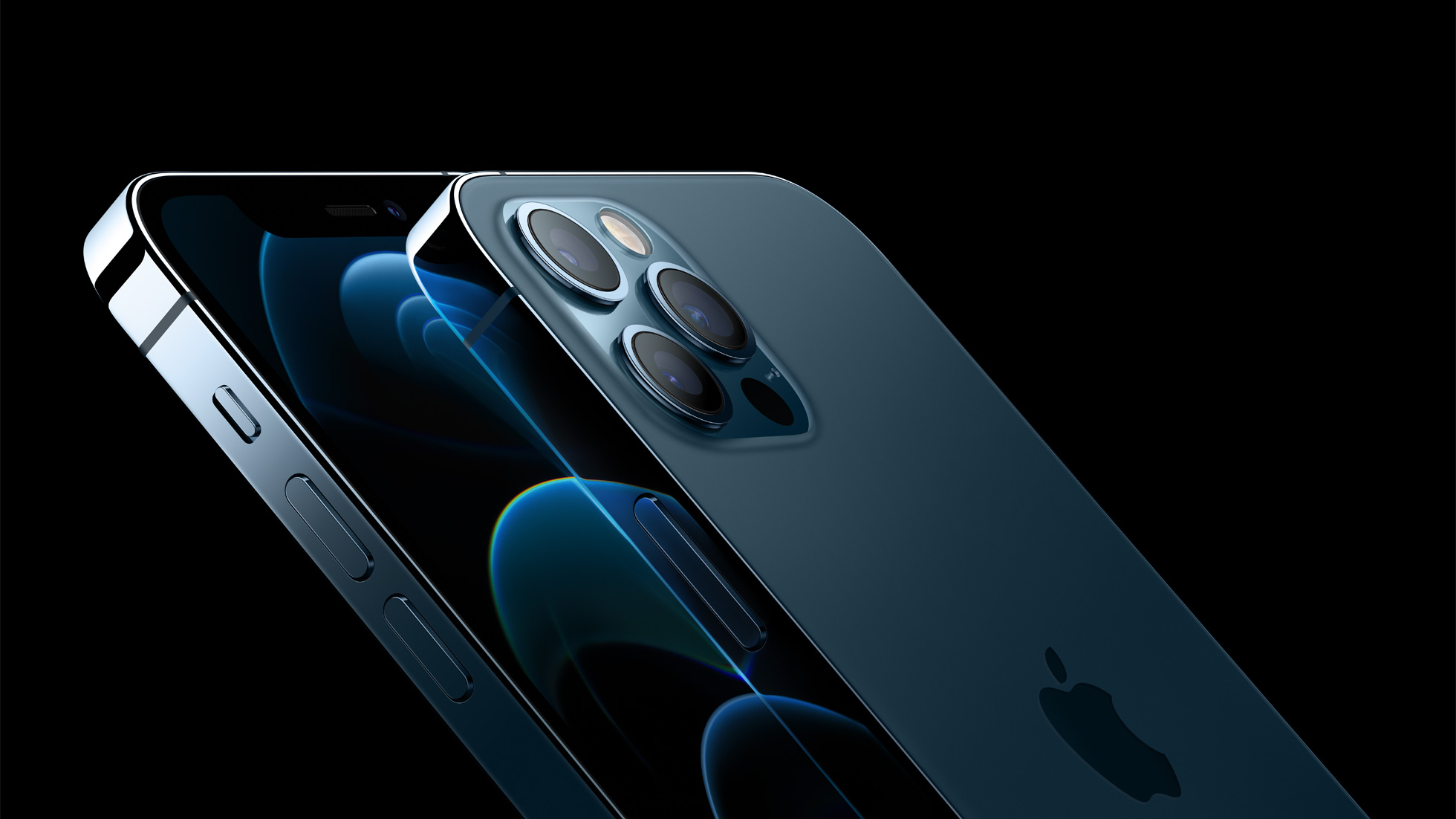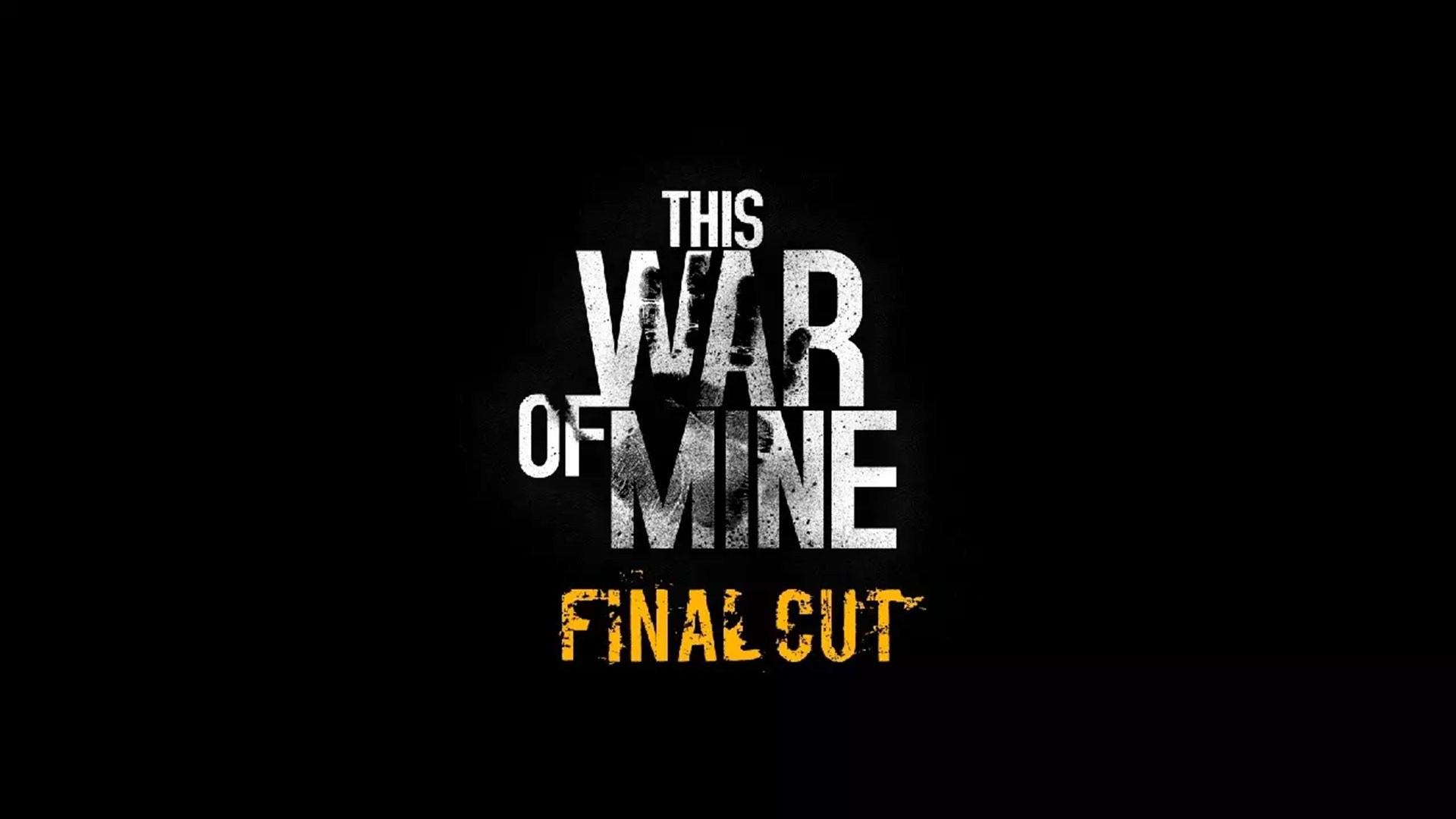Yesterday, Apple announced four new iPhone models – iPhone 12, iPhone 12 mini, iPhone 12 Pro, and iPhone 12 Pro Max. Featuring 5G and OLED displays in all new models, Apple also innovated the cameras. The iPhone 12 Pro Max features a larger 1.7μm image sensor with a new f/1.6 lens and sensor-shift optical image stabilization. The iPhone 12 Pro can also record 10-bit HDR video.
Like all major events this year, Apple’s announcement yesterday took place online only. The company live-streamed on YouTube and Apple TV for 71 minutes and they introduced the new HomePod Mini and, first and foremost, new iPhone 12 and 12 Pro models. If you missed the live stream, you can re-watch it on YouTube. The production value of the video, as expected from Apple, is truly impressive.
In my article, I will not go into detail about all the new aspects of the new iPhones. I will focus on the innovations in the phones’ cameras. Let’s take a look at them.
Four iPhone 12 and 12 Pro Models
Apple announced four new phones yesterday – iPhone 12 Mini, iPhone 12, iPhone 12 Pro, and iPhone 12 Pro Max. It is worth saying that all the new phones feature 5G and OLED retina displays. An example of some new features would be MagSafe which includes magnets to snap a handful of accessories on the phone including wireless chargers. Ceramic Shield should make the new iPhones’ displays much more durable.
All the new iPhones also feature the new A14 Bionic processing unit and they are water and dust resistant (IP68 rating). The iPhone 12 mini (with 5.4″ screen) is even smaller than the iPhone SE which got announced earlier this year. Its small dimensions along with only a few compromises could be interesting for many people. Now, let’s take a look at the cameras.
iPhone 12 Cameras
The iPhone 12 and 12 Mini feature two rear-facing cameras (ultra-wide and wide) while the iPhone 12 Pro adds a third portrait rear-facing camera. The 12 Pro Max features even more innovations with a larger sensor and different portrait camera. All cameras now have Night Mode and Deep Fusion available.
The main 12MP camera called “wide camera” by Apple offers a 26mm (full-frame equivalent) focal length. It has a new 7-element lens which offers now an f/1.6 aperture (previously, it used to be f/1.8). Apple says this lets 27% more light to the sensor resulting in better low light performance. This camera also features optical image stabilization.

The 12MP Ultra-Wide camera with 13mm (full-frame equivalent) focal length offers f/2.4 aperture.

The 12MP portrait camera of the iPhone 12 Pro has a 52mm (full-frame equivalent) focal length. It has an f/2.0 6-element lens which, like the main wide camera, also offers optical image stabilization.
iPhone 12 Max Cameras

The iPhone 12 Pro Max naturally sports even higher-end cameras with more innovations. First of all, there is a different 12MP telephoto camera. It features a 65mm (full-frame equivalent) focal length with f/2.2 6-element lens and optical image stabilization. That means more zoom, so far always the typical downside of phone cameras.

Furthermore, the main Wide 12MP camera features 47% larger image sensor with 1.7μm pixels and with the same f/1.6 7-element lens. The stabilization should be even better with the new sensor-shift optical stabilization. The faster lens and the larger sensor mean that (according to Apple), low-light photos are 87% better. (We guess that means 87% more light sensitive in total.)

iPhone 12 Pro Short by Emmanuel Lubezki
Legendary cinematographer Emmanuel “Chivo” Lubezki shot some visuals on the new iPhone 12 Pro and Apple showcased them in their presentation – take a look.
The color rendition and dynamic range look quite good for a phone, though there are noticeable compression artefacts in the hair of the lady visible. Also some high-shutter look, probably a hint that no accessories like ND filters were used.
Apple ProRAW

Apple ProRAW combines computational phone photography with the flexibility of RAW when capturing still images. It will be available on the iPhone 12 Pro and 12 Pro Max later this year. It works for all four cameras of the new phones. Apple ProRAW can be edited directly in the phone or in the computer in various apps.
10-Bit HDR Video Recording
Like the previous iPhones, the new iPhone 12 records videos in 4K with up to 60fps. What is new is the ability to record HDR videos with 10-bit color depth. Apple says that the iPhone 12 Pro is the first phone to record in Dolby Vision HDR.

There is no more information about how the 10-bit recording will be implemented and in which framerates it will be available. There is also no information about available bitrates. Video recording is available in either HEVC or H.264. Slowmotion video is again available at up to 240fps in FHD.
LiDAR Scanner

LiDAR (Light Detection and Ranging) is a technology that measures how long it takes to light to reach an object and reflect back. The new iPhone 12 Pro can build a depth map of the scene in front of the user. Apple says it will help create 3D maps of rooms and enhance augmented reality experience. LiDAR scanner will also improve autofocus in lowlight scenes for both photos and videos.

Price and Availability
In terms of price, the iPhone 12 will start at $799 and the iPhone 12 mini at $699. The Pro models will be priced from $999 (iPhone 12 Pro) and from $1,099 (iPhone 12 Pro Max).

Both the iPhone 12 and iPhone 12 Pro models can be pre-ordered from October 16 and they will start shipping on October 23, 2020. The other two models – iPhone 12 mini and iPhone 12 Pro Max – will be available for pre-order from November 6 and they will start shipping on November 13, 2020.
It is also worth noting, that Apple minimized the packaging of all the iPhones (even the older models). They will now come in a much smaller box and there will only be the phone along with a Lightning-to-USB-C cable included in the box. They claim it’s to reduce their environmental impact, but in fact, it will upset a lot of people who are spending a lot of money for these phones already. All other accessories (including power brick) have to be ordered extra if needed.
What do you think about the new iPhone 12 models and their cameras? Are you planning to upgrade? Let us know in the comments underneath the article.













